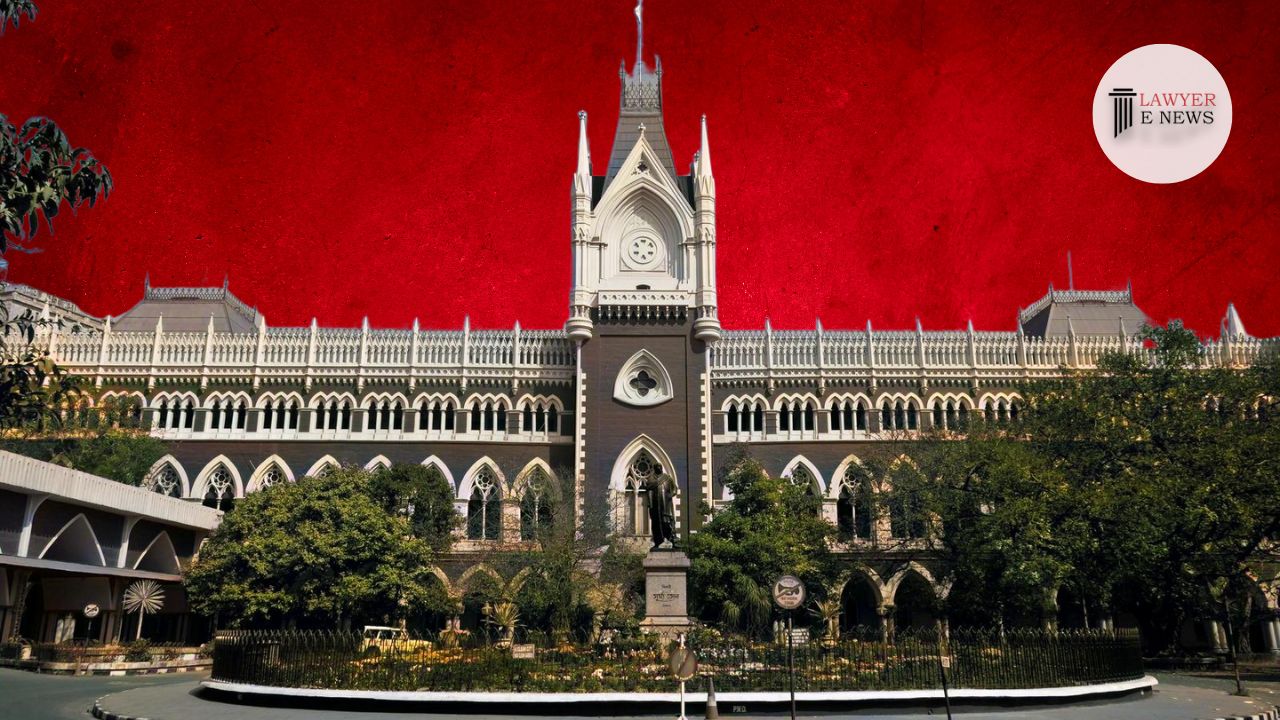-
by Admin
15 February 2026 5:35 AM



High Court underscores the necessity of timely intervention and prioritizes swift justice in domestic violence proceedings.
The Bombay High Court, in a judgment delivered by Justice Arun R. Pedneker on July 9, 2024, dismissed a transfer petition filed by Anuraag Agarwal, seeking to transfer domestic violence proceedings initiated by his wife, Poonam Agarwal nee Mukim, from the Metropolitan Magistrate’s Court at Sewree to the Family Court in Bandra. The Court emphasized the summary nature and urgency of reliefs under the Protection of Women from Domestic Violence Act, 2005 (DV Act), and directed the Magistrate to expedite the decision within 60 days.
Anuraag Agarwal married Poonam Agarwal on April 7, 2001, and they have a daughter born on June 29, 2013. Amidst matrimonial disputes, Anuraag filed for divorce and initiated a civil suit against Poonam’s parents. Subsequently, Poonam filed proceedings under the DV Act on March 14, 2023, seeking maintenance and residence orders. Despite multiple hearings, no interim relief had been granted to Poonam and her daughter, leading to the present application by Anuraag for transfer to avoid conflicting judgments between the Magistrate and Family Courts.
The Court underscored the urgency and summary nature of proceedings under the DV Act, intended to provide swift relief to victims. “The purpose of the DV Act is frustrated if the proceedings are delayed,” Justice Pedneker observed, noting the extensive hearings without interim reliefs. The Court highlighted that the wife and minor daughter had been without maintenance, making a compelling case against transferring the proceedings, which would further delay relief.
Justice Pedneker acknowledged previous precedents allowing transfer of DV proceedings but emphasized caution. “While this Court has the jurisdiction to transfer proceedings, it must be exercised judiciously to prevent abuse of process and ensure expeditious justice,” the judgment stated. The Court referenced Supreme Court guidance on managing overlapping jurisdictions and avoiding conflicting orders, as outlined in Satish Chander Ahuja v. Sneha Ahuja and Ramesh v. Neha.
The judgment detailed the principles governing the transfer of cases under Section 24 of the Code of Civil Procedure, 1908 (CPC). It highlighted that the wife’s choice to initiate proceedings under Section 12 of the DV Act before the Magistrate must be respected to ensure immediate relief. “Transfer applications should be entertained only to meet the ends of justice and should not prejudice the urgent needs of the wife and children,” Justice Pedneker asserted.
Justice Pedneker emphasized the necessity of timely intervention, stating, “The first casualty in entertaining transfer applications is often the expeditious disposal mandated by the DV Act.” He further noted, “The delay in granting interim maintenance and residence orders frustrates the very purpose of the DV Act, which is an emergency law designed to avoid unnecessary delays.”
The Bombay High Court’s dismissal of the transfer application reinforces the judicial commitment to providing swift justice in domestic violence cases. By directing the Magistrate to expedite the decision within 60 days and awarding costs to the respondent-wife, the judgment underscores the importance of prioritizing the urgent needs of victims. This decision is expected to influence future cases, ensuring that the protective intent of the DV Act is upheld without unnecessary procedural delays.
Date of Decision: July 9, 2024
Anuraag Agarwal vs. Poonam Agarwal nee Mukim
